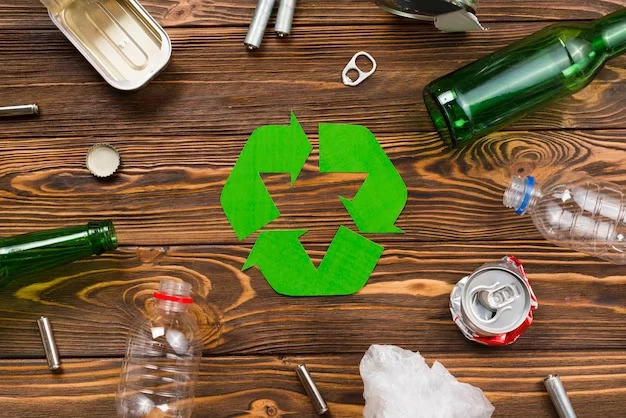Introduction
In our rapidly evolving digital age, electronic devices have become an integral part of our lives. From smartphones to laptops, these gadgets have enhanced our connectivity and productivity. However, with technological advancements come the inevitable obsolescence of our devices, leading to a growing problem known as electronic waste, or e-waste. In this article, we will explore the world of electronics recycling, highlighting the importance of responsible disposal, the process involved, and the benefits of recycling electronic devices.
E-waste recycling servicesUnderstanding E-Waste
Electronic waste E-waste recycling services, or e-waste, encompasses discarded electronic devices, ranging from old cell phones and laptops to televisions and refrigerators. E-waste is a complex issue due to the hazardous materials found in electronic components, such as lead, mercury, and cadmium. These substances can pose serious environmental and health risks if not managed properly.
The Need for Electronics Recycling
1. Environmental Impact
E-waste disposal in landfills or incinerators can release toxic substances into the air, soil, and water, causing pollution and harm to ecosystems. Electronics recycling mitigates these risks by safely extracting and disposing of hazardous materials.
2. Resource Conservation
Many valuable materials, including precious metals like gold and silver, are used in electronic devices. Recycling these materials reduces the need for mining and extraction, conserving natural resources and lowering energy consumption.
3. Data Security
Improper disposal of electronic devices can expose sensitive personal or corporate data to theft or misuse. Proper electronics recycling ensures that data is securely erased or destroyed.
Electronic Recycling Process
Collection: Electronics recycling begins with the collection of e-waste. This can be done through designated E-waste recycling service collection centers or by utilizing electronic recycling services.
Sorting and Inspection: Collected electronic devices are sorted and inspected to determine their condition and potential for reuse.
Data Erasure: For devices with storage capacity, data erasure or destruction is a critical step to protect sensitive information.
Dismantling: Electronics are disassembled, separating various components, including plastics, metals, and circuit boards.
Material Recovery: Valuable materials like metals and plastics are extracted for reuse.
Responsible Disposal: Any hazardous materials are safely disposed of according to environmental regulations.
Refurbishment or Recycling: Devices in good condition may be refurbished for reuse, while the remaining components are sent for recycling.
Types of Electronics That Can Be Recycled
Smartphones and Tablets: These devices contain valuable metals and materials that can be recycled.
Laptops and Computers: Recycling old computers can recover materials like aluminum, copper, and gold.
Televisions and Monitors: CRT and LCD screens can be processed for their valuable components.
Printers and Scanners: Recycling these office devices reduces the environmental impact of their disposal.
Kitchen Appliances: Refrigerators, microwaves, and other appliances can be recycled to recover materials and reduce waste.
Electronic waste disposalFinding Electronics Recycling Services
When seeking electronic recycling services or wondering, “Where can I find electronics recycling near me?” consider the following:
Local E-Waste Collection Centers: Many cities have designated collection centers for e-waste disposal.
E-Waste Recycling Companies: Several companies specialize in electronics recycling and offer drop-off or pickup services.
Electronic Recycling Plants: Some facilities focus on processing and recycling electronic waste on a larger scale.
Benefits of Electronics Recycling
Environmental Conservation: Reduces pollution, conserves resources, and minimizes the carbon footprint associated with electronic manufacturing.
Job Creation: The electronics recycling industry creates employment opportunities in the collection, processing, and refurbishment of electronic devices.
Resource Recovery: Valuable materials are recovered and reintroduced into the manufacturing process, reducing the need for new resources.
Data Security: Ensures the safe disposal of personal and sensitive information.
Compliance with Regulations: Electronics recycling helps communities and businesses comply with environmental regulations and reduce legal risks.
E-Waste Recycling Technology
As technology advances, electronic recycling methods also evolve. Innovations such as automated sorting systems and eco-friendly recycling techniques are making the process more efficient and environmentally friendly.
Conclusion
Electronic waste is a global concern, and responsible disposal through electronics recycling is crucial for the well-being of our planet and future generations. By understanding the benefits, the types of electronics that can be recycled, and where to find electronics recycling services, we can transform our electronic trash into a valuable treasure, contributing to a more sustainable and eco-conscious world.
Read More:-


